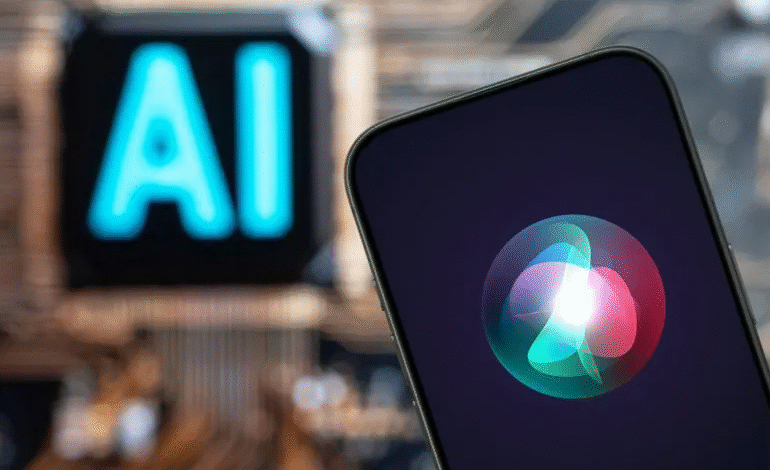Apple Intensively Testing AI-Enhanced Siri Features with Third-Party Apps

Apple has begun extensive testing of AI-enhanced Siri features across a variety of applications to ensure the functionality is fully ready, according to a report by Bloomberg.
The report notes that the company is currently testing these Siri features with third-party apps including Uber, Threads, Timo, Amazon, YouTube, Facebook, and WhatsApp, as well as some games, to verify performance stability and Siri’s ability to interact efficiently with different platforms.
Apple is also considering withholding these features from financial and health apps, where accuracy and precise execution are critical, in order to avoid potential issues or controversies resulting from errors in sensitive applications.
Returning to the Original AI Launch Plan in Siri
These tests mark a return to Apple’s original plan for rolling out AI features in Siri, initially announced in 2024 but postponed with the launch of iOS 18 and other AI capabilities.
Although the delay generated some attention, Apple chose to postpone in order to avoid releasing a product that might underperform or fail to meet user expectations.
App Intent: Controlling Apps with Voice
Bloomberg’s report highlights a new feature called “App Intent”, which allows Siri to interact with and control third-party apps without physically using the phone.
This feature enables users to manage all apps through voice commands, effectively instructing Siri to execute tasks in a way that mimics AI-assisted automation.
For example, a user can ask Siri to edit a photo in a specific way and then send it to another person or post it on Instagram, or search within apps to retrieve specific information.
Launch Plans and Future Uses
Apple originally announced these features at its 2024 Worldwide Developers Conference, with plans to launch them alongside other AI capabilities in 2025. However, the release has now been postponed to 2026.
The company also plans to integrate this voice interface into other products beyond iPhones and existing smart devices, including upcoming smart home products, where voice control is expected to play a central role in the user experience, according to the report.








